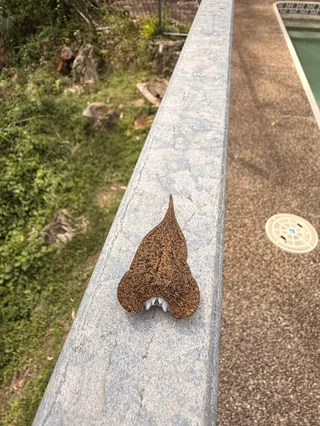Bon|White|They|Agender|Ace|adult| Seer of Light Derse Dreamer
Don't wanna be here? Send us removal request.
Note
genuine question about transfeminism bc I've heard conflicting things
do trans men have inherent male privilege?
nobody has "inherent" privilege, "privilege" is a word that describes a particular position in a web of social power relations relative to other people positioned in that same web. one of the main social power structures that exists everywhere and is tied into literally every such social web and every institution on earth is called Patriarchy, which can be succinctly described as a system that advances the supremacy of men.
so what you're really asking me is "are trans men men?" and my answer to that is yes, they sure are
79 notes
·
View notes
Text
Absolute fucking embarrassment that we're already well into the 'concentration camps' and 'completely ignoring the judicial system' phase of things and these fucking decrepit 92 year old blue skeletons aren't showing up to work with hand grenades lining their coats. We can't even get them to use harsh language.
2K notes
·
View notes
Text
I think a lot of complaints about the lengths of TV show seasons are getting it backwards. Talky character-driven episodes where nothing happens aren't a benefit of longer seasons: they're the reason the 26-episode season was ever viable in the first place.
Episodes where everything happens on the same three previously constructed sets, all of the actors with major speaking roles are series regulars (except for the token alien of the week, who's played by the same recurring bit performer who's played five other roles this season in five different rubber noses), and there's no on-location shooting, choreographed fight scenes, or lengthy special effects sequences are very budget friendly, so you can have rather a lot of them.
Basically, you can have an eight-episode season where every single episode is a big hairy spectacle, or you can have a twenty-six episode-season where the premier, the finale, and a random two-parter somewhere in the middle are the only times a bunch of stuff blows up, and the rest of the time it's a sedate investigative-procedural-slash-office-comedy that happens to be set in space. You've gotta pick one!
719 notes
·
View notes
Text
I’m reading that new memoir about working at Facebook,”Careless People,” and it’s just fucking insane.
At one point Facebook wanted to be an international hub for organ donation. The “Lean In” lady asked why she couldn’t go down to Mexico and buy a kidney if her four year old needs one. This is literally on p.57. What the fuck else is going to be in this book if that is on page 57
30K notes
·
View notes
Text
i am having a realization i may be 'computers georg' - computer engineer, has 6 computers and wants another. do i have a problem
1K notes
·
View notes
Text
the thing is in hindsight i do think the hipster vs fandom blog dichotomy was a completely real and true phenomenon because to this day i will come across a social media post, youtube video, trend forecast article, etc that namedrops "2013 tumblr" and with the absolute bare minimum of context clues you can IMMEDIATELY tell whether they had a soft grunge blog or whether they were yelling about their ovaries exploding in the reblogs of a benedict cumberbatch gifset and it is ALWAYS one of those two extremes
14K notes
·
View notes
Text
by the way, how are those bottles popping for everybody who said "John" Egbert was going to be revealed to be transmasc?
#.... did something happen#did june finally become canon as hussie promised#.... fans arent being normal about her are they
99 notes
·
View notes
Text
live now! today im gonna start gathering materials for forging ALL the hammers and horns! which means i need more hunter symbols
happy dragon noises
hi everyone im archdemoning. im a pngtuber on twitch. im gonna be streaming Monster Hunter Wilds! normal schedule is saturdays thru wednesdays from 1pm EST to 5pm EST.
i main hammer and hunting horn! i cannot WAIT to see how this game shakes out
twitch_live
29 notes
·
View notes
Text



guessing game go, you might not know the exact species but you do know the general sort of thing involved here
5K notes
·
View notes
Text
70K notes
·
View notes
Text
@help-help-i-need-an-adult we've got raspberries fresh off the press!
17K notes
·
View notes





